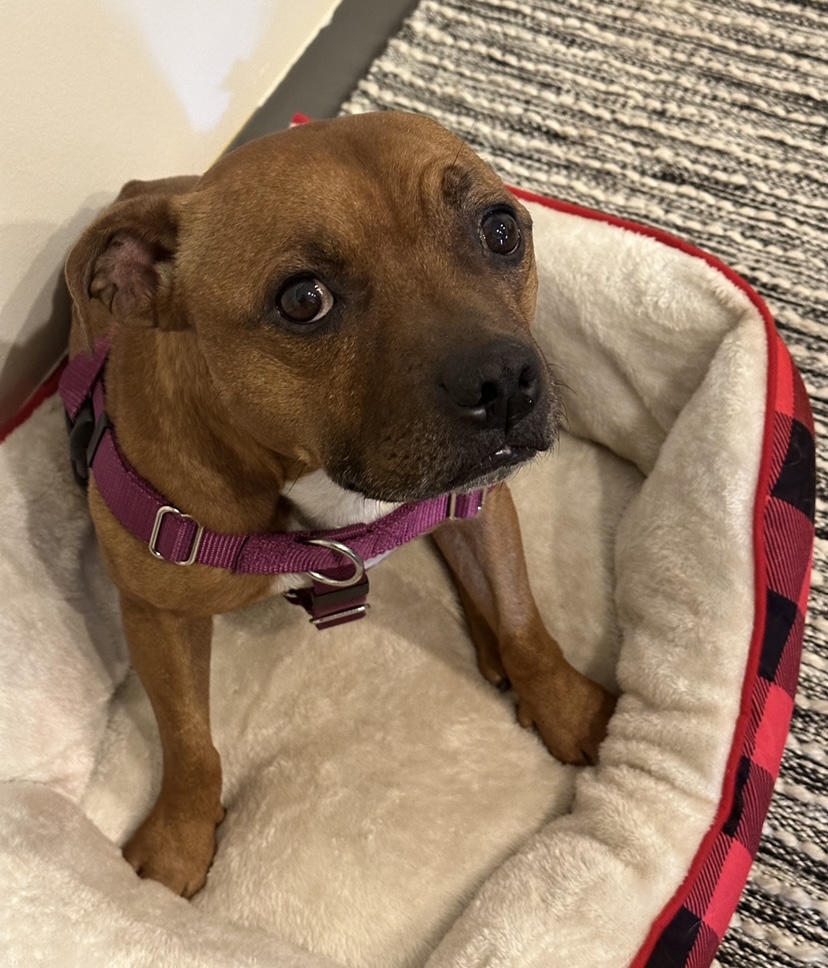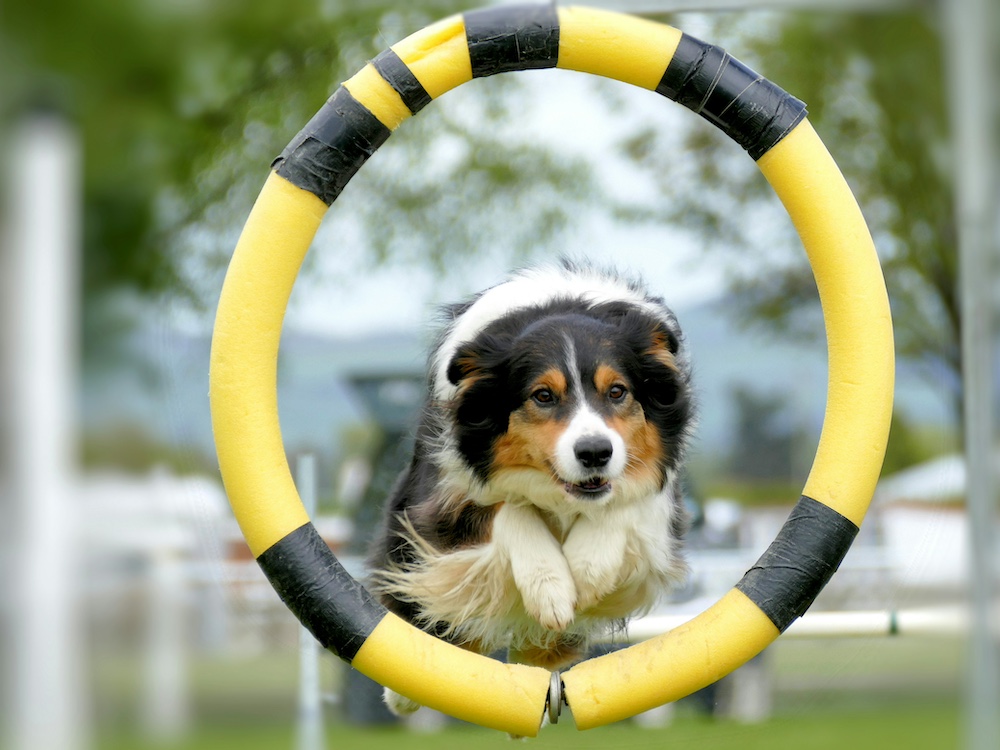Socializing a Rescue Dog: Building Confidence and Canine Connections
Welcoming and socializing a new rescue dog can be an incredible experience, bringing joy and companionship to your life and home. However, many rescue dogs come from traumatic backgrounds that may immediately present as fear, anxiety, and aggression. To help your new furry friend be the best dog they can be, you’ll want to socialize them carefully and thoughtfully to help build their confidence and ease them into their new surroundings. Here are some tips for socializing your new rescue and helping them build strong canine connections.

Table of Contents
Start Slowly and Patiently
When first introducing your rescue dog to new people, pets, and surroundings, it’s important to start slowly, exercising patience and proceeding at your dog’s pace. Your new rescue may need to build trust and overcome fear in their new environment before they are comfortable engaging in social activities.
Allow your dog the time and space to adjust to their new surroundings and build a sense of safety and security. Don’t force your dog into overwhelming situations or linger on any one interaction for too long.
Use Positive Reinforcement
Positive reinforcement is one of the most effective ways to train and socialize your dog. Every time your dog displays positive behaviors, such as approaching a new dog or person calmly, provide them with treats and praise. This helps your dog associate positive experiences with new situations, which can lead to increased confidence and socialization success in the future.
Find a Good Dog Park or Doggie Daycare
Dog parks can be a great place to socialize your rescue dog with other canine companions. However, it’s important to find a dog park that’s well-maintained, safe, and has a friendly community. Observe the interactions between dogs and their owners before bringing your rescue dog into the mix. Once you’ve found a suitable dog park, bring along treats, toys, and water to help your dog feel more comfortable and at ease. Doggie daycare facilities can also help with supervised canine socialization in short windows of time that may prevent separation anxiety tendencies while your family is out of the house at school or work.

Consider Professional Training
If you’re struggling to socialize your rescue dog on your own, consider professional training or classes. Trainers are equipped to help identify and address your dog’s specific fears and anxieties and can provide effective training programs that help build socialization skills. With the right training, you can help your rescue dog grow into a happy, healthy, and social member of your family.
Show Your Love
Your new furry companion will need time, patience, and plenty of effort as they begin to adapt to their new routine in your home. It’s important to stay consistent and make socialization a fun and regular part of your dog’s routine. To strengthen the bond between you, try introducing your dog to new things and situations in a controlled and positive manner. Over time, your dog will likely become more confident, relaxed, and socialized.
Socializing your new rescue dog is essential for building their confidence and establishing strong canine connections with you, your family, and those who visit your home. Starting slowly, using positive reinforcement, finding a good socialization outlet, considering professional training, and staying consistent are all keys to helping your furry friend become a confident and well-socialized companion. With the right approach, patience, and love, your rescue dog can thrive in their new home and bring you joy for years to come. Two paws up for all the rescue pups we call our own!
